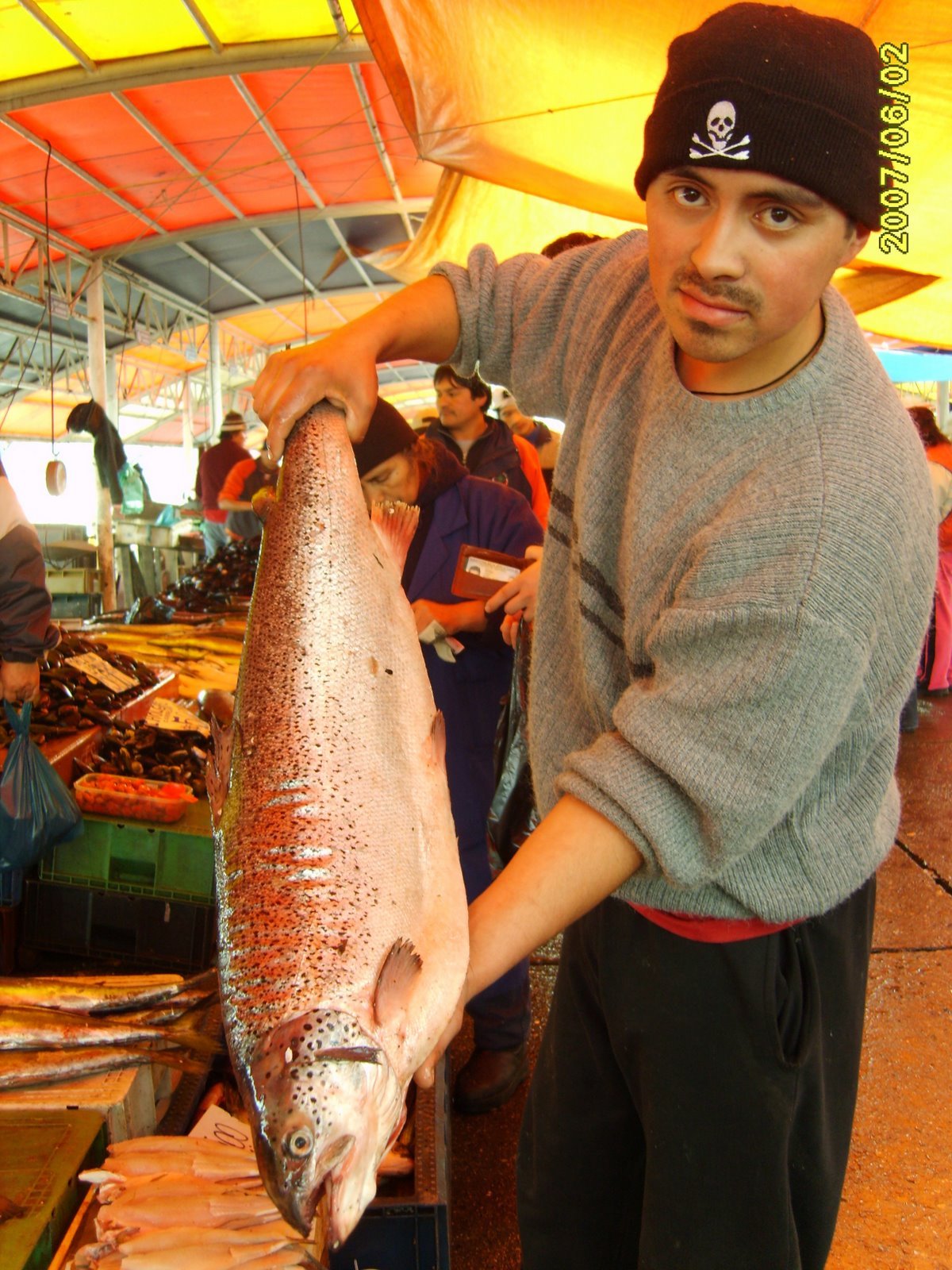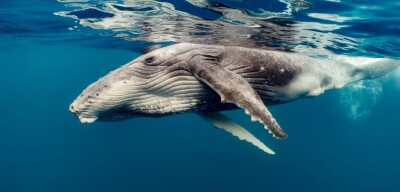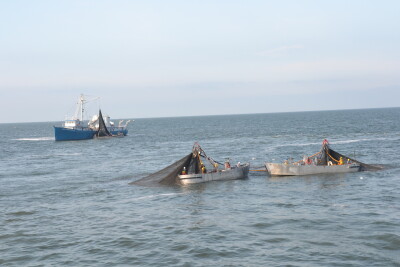The Norwegian government shocked the country’s salmon farming industry on Sept. 28 with a proposed 40 percent tax on companies producing over 5,000 tons of salmon a year. The Norwegian Finance Ministry reports that the country is running multi-million dollar deficits and needs to close the gap somehow.
According to the ministry, 70 percent of Norway’s salmon farmers will not pay the tax, only the top producers. “The government is now proposing that more of the value created should go back to society,” the ministry said in a statement that identifies salmon farm host communities as the primary beneficiaries.
“Municipalities close to the farms are likely to benefit the most,” that statement said. “A key element of the proposal is that the local communities which make natural resources available should be guaranteed a share of the resource rent. The tax revenues are estimated to be between NOK 3.65 and 3.8 billion [$347 million to $361 million] and the government is planning for half of this to go to the municipal sector.”
The salmon industry fired back immediately. “A 43-page document landed on our desk yesterday, totally out of the blue,” said Kristian Ellingsen, chief financial officer of the world's biggest salmon farming company. “We need to fight this,” he added, speaking at the IntraFish Investor Forum in London.
Share prices of the salmon farming companies Mowi, Lerøy Seafood Group, and SalMar dropped precipitously on the news. IntraFish reports that Gustav Witzoe, the founder of SalMar, and his family lost over $700 million dollars in the first two hours of trading after news of the proposal broke.
CEOs and CFOs of Norway’s largest companies point to the jobs they create along the Norwegian coast and are threatening to take their investments elsewhere. “We are an international company,” Mowi CEO Ivan Vindheim told Bergens Tidende newspaper. “We operate in 25 countries and have salmon farming in six countries. So if this proposal becomes a reality, we will be forced to look at where to invest next.”







